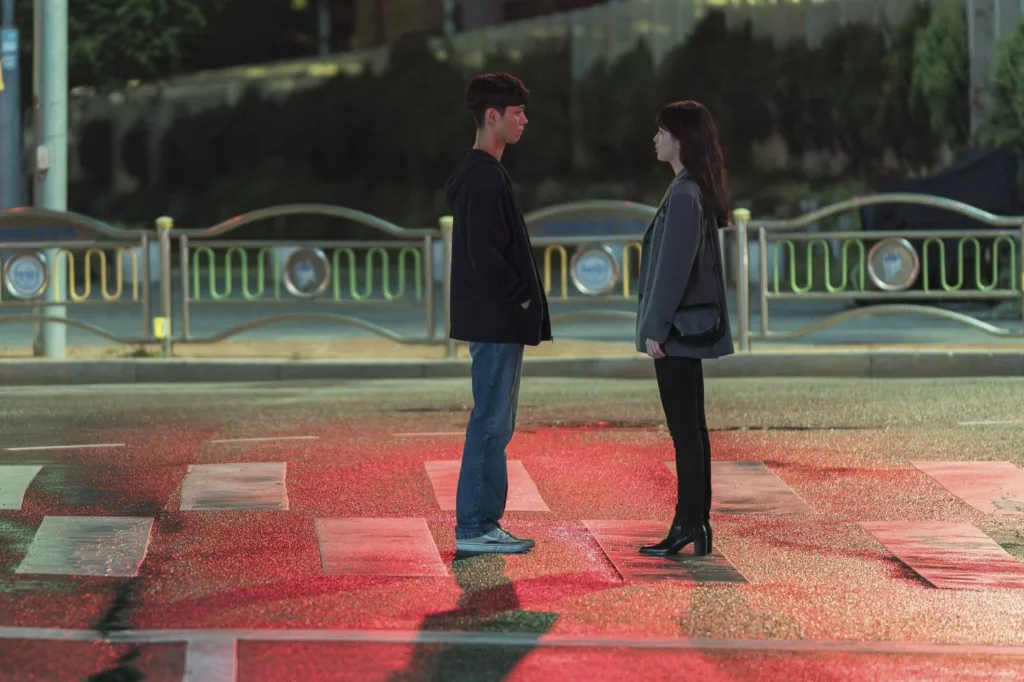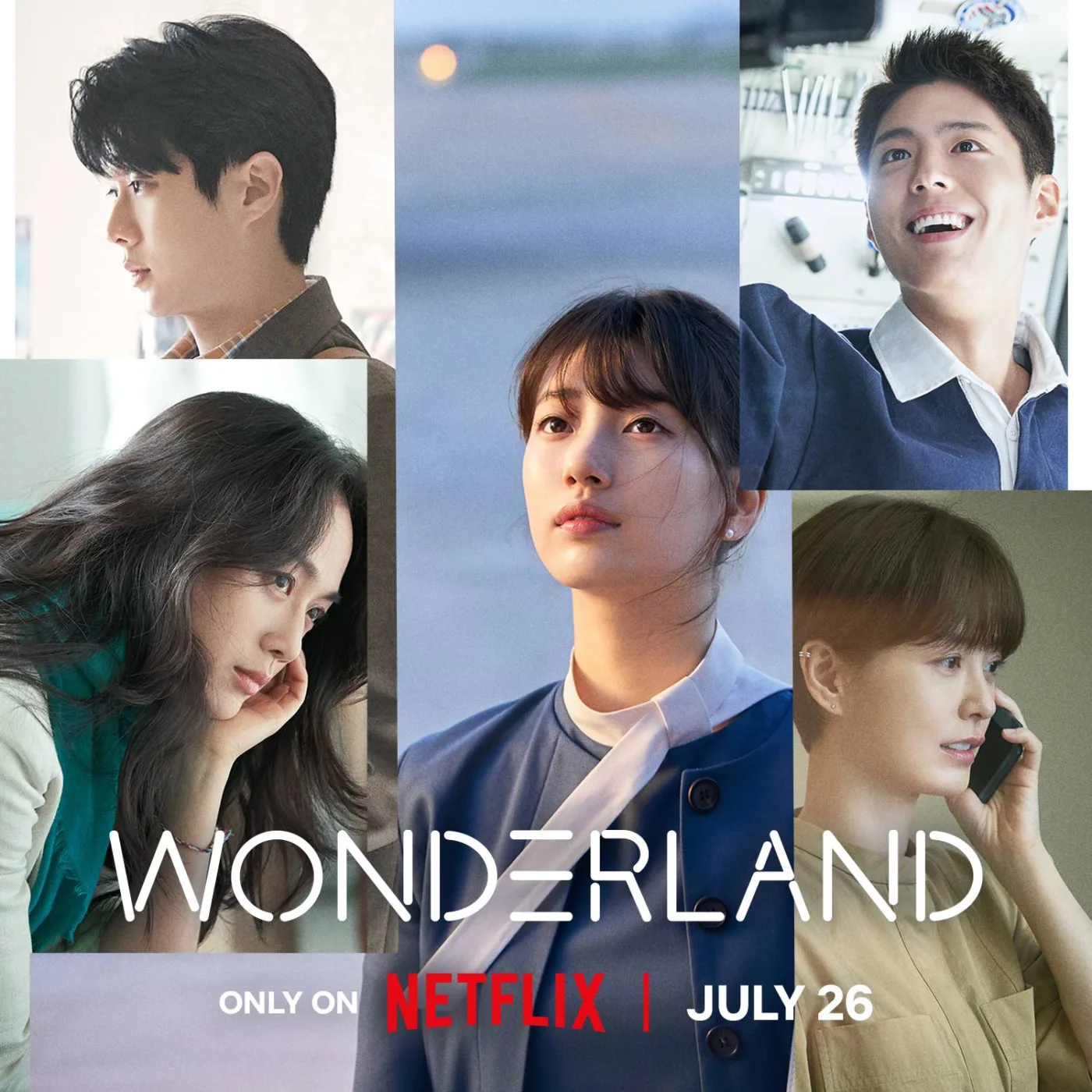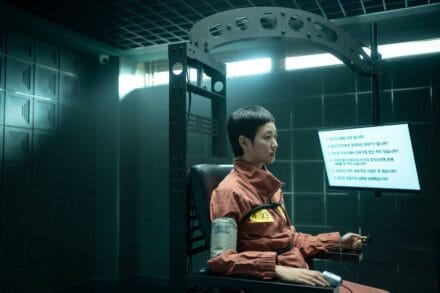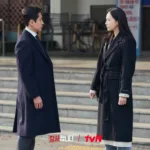Kim Tae-yong’s “Wonderland,” featuring his wife Tang Wei, grapples with the ethical implications of AI integration into life and beyond. Yet, its ambition is hampered by a fragmented narrative despite the solid transitions between the three major storylines, each with the potential to be a compelling film on its own. A fourth minor subplot, intended as comic relief, only adds to the confusion, leaving viewers perplexed by its inclusion.
Each of these major storylines, exploring a separate AI instance, holds promise. However, their combination weakens the overall impact, resulting in an unbalanced movie where sudden shifts in perspective and focus leave the audience disoriented. While an attempt is made to merge two of these storylines at the end, the connection feels forced and ultimately does little to resolve the fragmented nature of the overall narrative.

Visually, “Wonderland” is warm and inviting. Tae-yong employs woody, earthy interiors to evoke sentimentality, while strategically framing lush greenery within doors and windows creates an intriguing sense of space. However, the use of overused narrative tropes like airports and deserts falls flat, and the repetitive image of characters waking from sleep becomes tiresome. Additionally, the dual utilization of fire as a destructive force, rather than a purifying one, yields underwhelming results. Amidst the narrative chaos, the profound themes of grief and loss become obscured, while the significance of the search for a tree of life in the desert—where Tang Wei’s character resides—remains ambiguous, leaving viewers uncertain if it serves as a metaphor or a plot device to awaken the AI persona.
One central question lingers: Can we, as beings composed of memories and emotions, evolve in a separate environment while maintaining a connection to the current world? Can one truly evolve outside of “real” society? While “Wonderland” treads familiar ground explored in other AI and consciousness films, it fails to fully capitalize on the opportunity to delve deeper. Instances of social commentary feel superficial and lack the weight to leave a lasting impression.

Despite these shortcomings, the performances are exceptional. Tang Wei delivers a superb performance, as do Park Bo-gum and Bae Suzy, who, given a more robust narrative, could have truly shone.
Overall, “Wonderland” feels fragmented, leaving many questions unanswered and ethical dilemmas unresolved. While the film serves as a decent introduction to the genre for those new to the subject of artificial intelligence, its disjointed narrative and underdeveloped themes prevent it from reaching its full potential.








Leave a Comment